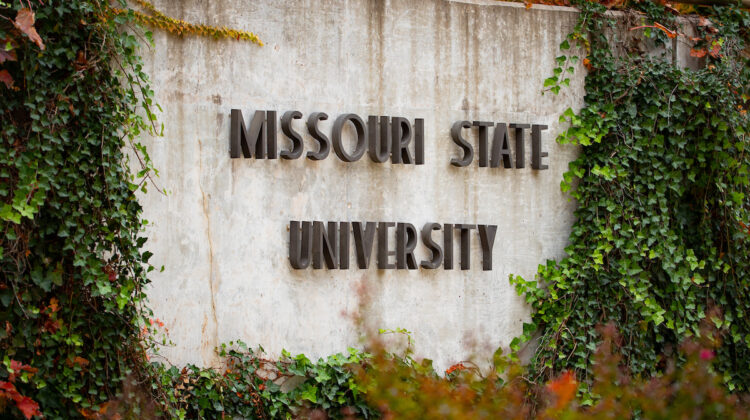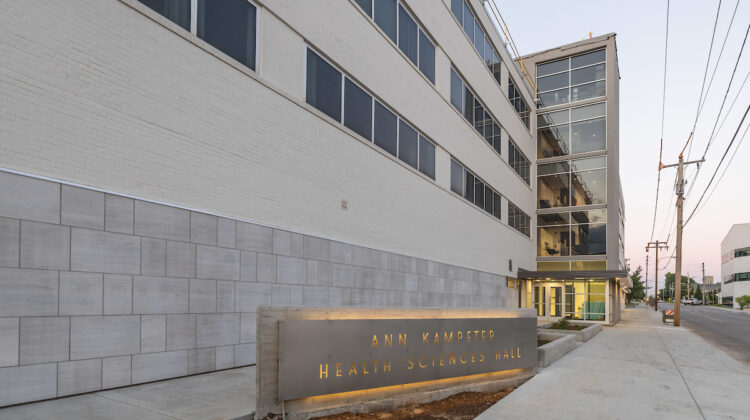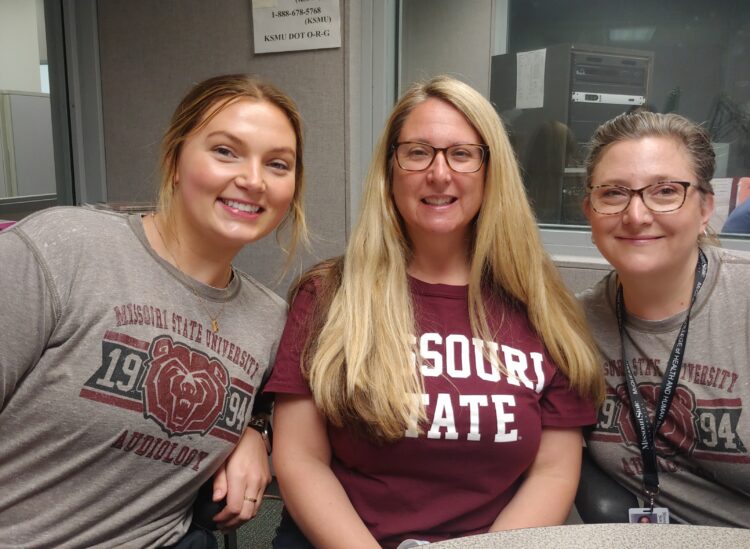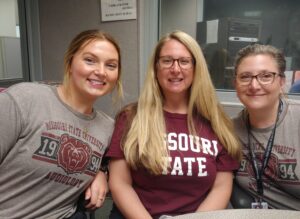Tim Dygon, executive vice president at Arc of the Ozarks and Letitia White-Minnis, associate dean of the McQueary College of Health and Human Services, discuss what the partnership will do for the community in the present and in the future.
“This all started with a conversation and a dream,” Dygon said. “We’re now all working together to open a large-scale autism and neuro-developmental center that will provide autism evaluations and screenings, as well as ongoing therapies.”
“It always starts small. It always starts with an idea and a discussion. We know that if we continue to have strong partners like Missouri State and Mercy at the table, we’ll have great ideas that will grow into something incredible.”





